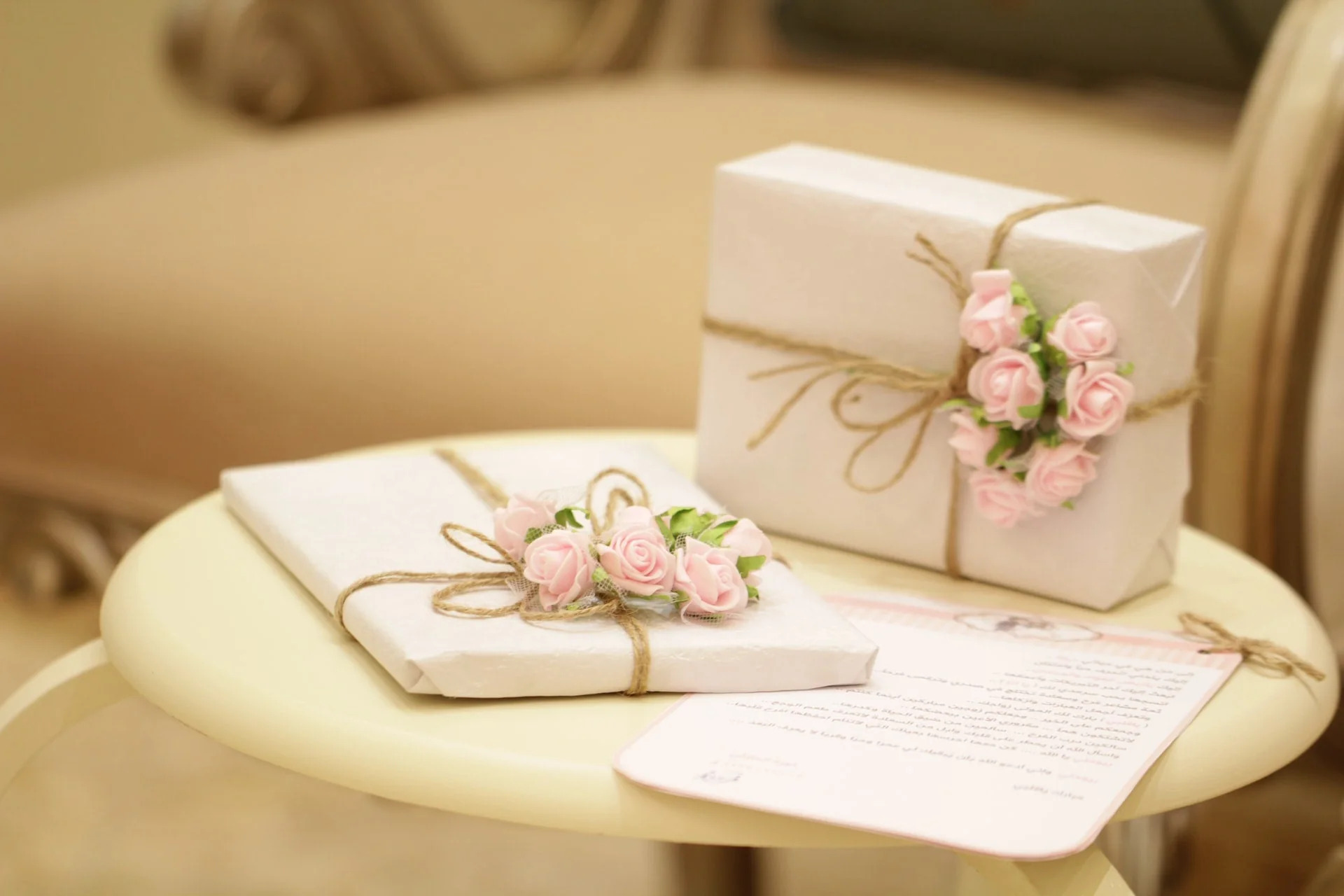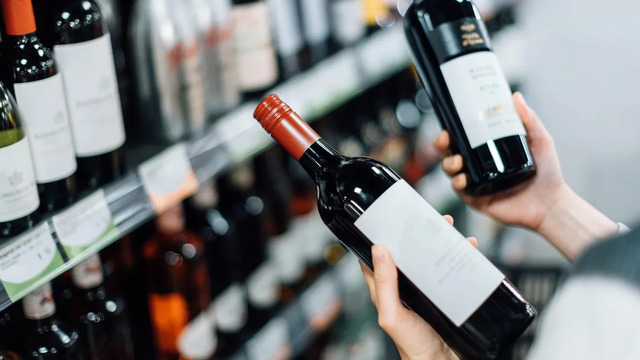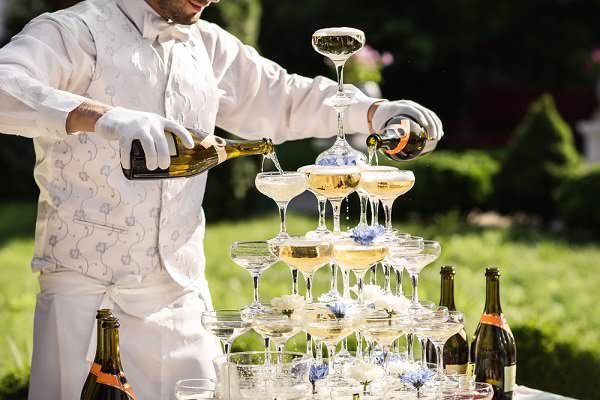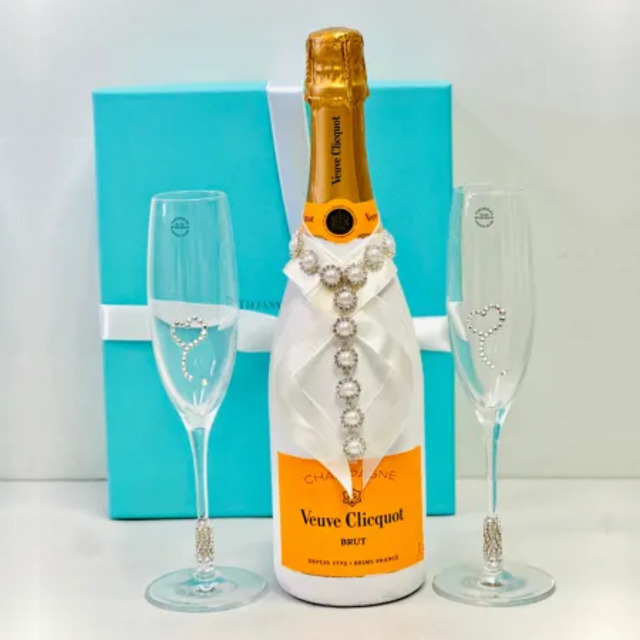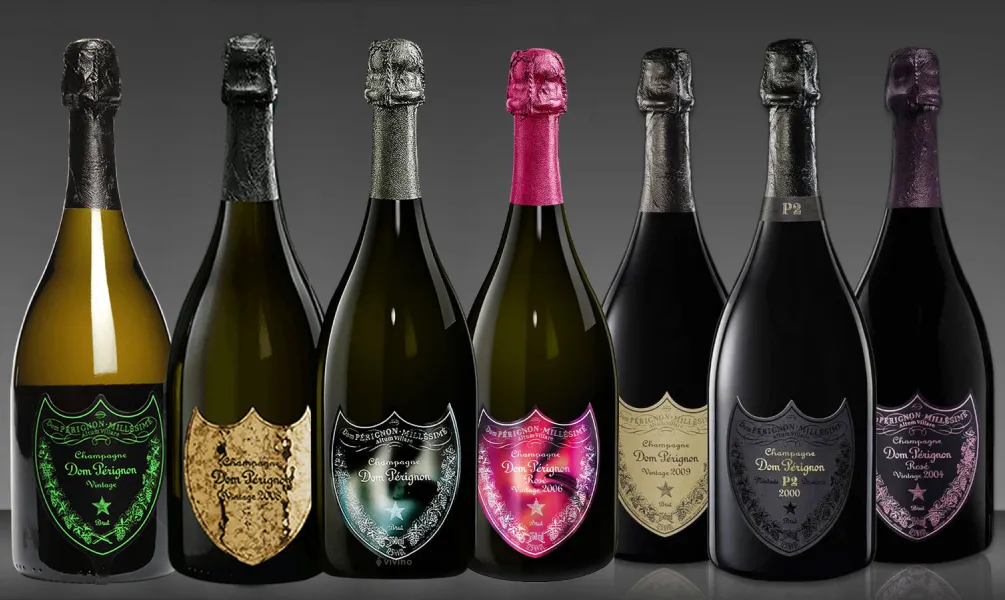Bubbles Decoded: Your Guide to Champagne vs Prosecco
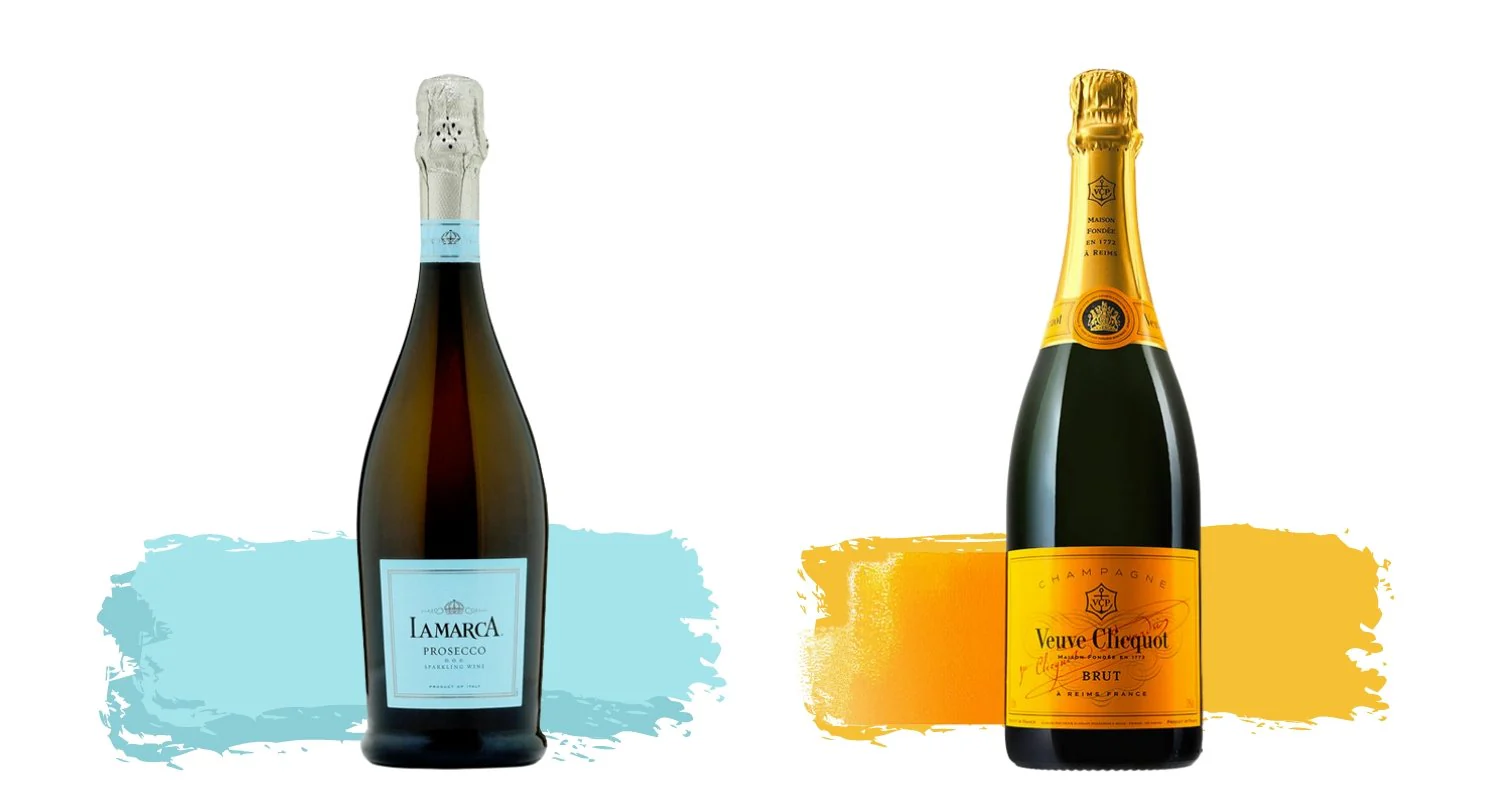
Strong 8k brings an ultra-HD IPTV experience to your living room and your pocket.
Nothing beats the magic of fizzy wine when it comes to parties. Almost every wine shop will pose the age-old question, "Champagne or Prosecco?" Which is better?" Both bring bubbles and holiday cheer, but they come from very different places, taste very different, and even cost very different amounts.
Knowing these differences will help you choose the right bottle, whether you're making a toast at a wedding, giving someone a sparkling wine as a gift, or just treating yourself. We will discuss the differences between champagne and prosecco, their manufacturing processes, the foods that pair best with each, and the optimal times to enjoy each.
Origins and Places
The place where each wine comes from is the biggest difference:
Champagne is exclusively produced in the Champagne region of northeastern France. The word "champagne" can only be used for sparkling wines made in this area and following strict rules. This attribute is one of the things that makes champagne special and usually more expensive.
Prosecco is mostly made in the northeastern areas of Italy, in the Veneto and Friuli Venezia Giulia regions. It must be mostly Glera grapes and named after Prosecco, a village near Trieste.
Knowing the area doesn't just help you understand the name; it also gives you a sense of how the food will taste and behave differently.
How They're Made
Another key difference in the champagne vs prosecco debate is the production method, which directly impacts flavor, texture, and price.
"Méthode Champenoise" is the traditional method for making champagne. How it works:
- Inside the bottle, the wine goes through a second fermentation.
- Add sugar and yeast. The wine then sits on the lees for months or even years to age.
- This method makes bubbles that are smaller and flavors that are more complicated, like brioche, toast, and nuts.
We use the tank method (Charmat method) to make Prosecco.
- Large tanks made of stainless steel hold the second fermentation.
- After that, the wine is drained and put into bottles under pressure.
This method usually makes bubbles that are bigger and lighter, and it keeps the fresher, fruitier tastes.
Different Styles and Tastes
Champagne and prosecco taste very different because of how they are made and the weather in different areas.
Champagne often has:
- Notes that are more complicated and layered, like almond, brioche, and citrus peel.
- A sharp sharpness.
- Fewer and softer bubbles.
Prosecco usually has:
- Light, fresh, and fruity tastes, which include apple, pear, and melon.
- It has less sharpness and a softer texture.
- It has bigger, more lively bubbles that are fun to play with.
People who enjoy strong and sophisticated flavors often choose Champagne. Prosecco could be your favorite sparkling wine if you like brighter and lighter wines.
Value for Money and Price
There is also a clear difference in price between champagne and prosecco.
Champagne takes longer to make and costs more because grapes come from fewer farms. Champagnes that aren't vintage usually start around $40 to $50, but older and luxury brands can cost a lot more.
Prosecco is generally a lot cheaper than Champagne because it is easier to make and makes more. Good proseccos typically retail for $15 to $25, making them an affordable option for everyday parties or casual get-togethers.
Ideas for Pairing Foods
Both wines go well with food, but because they are different, they should be used with slightly different foods.
Champagne pairs well with:
- Soft cheeses such as brie or camembert pair well with champagne.
- Seafood (like sushi, crabs, and shrimp).
- Dinners featuring light chicken are a popular choice.
- Snacks containing salt, such as nuts or popcorn
Its acidity and complexity go well with creamy, rich foods and bring out the best in delicate tastes.
Prosecco goes well with:
- Figs and prosciutto.
- Enjoy some light pasta dishes.
- New salads.
- Mild cheeses like mozzarella are tasty.
Because it is fruity and not too acidic, it goes well with many different foods, especially light, fresh, and slightly salty ones.
(Tip: Carefully choosing the right food to go with a prosecco or champagne can make it taste better.)
Occasions to Serve
Think about the event's tone and level of seriousness when choosing between champagne and prosecco.
- Champagne is usually saved for important events like weddings, birthdays, holidays, or giving special bottles as gifts.
- Prosecco is a lovely drink for brunches, parties, or as a cool drink before dinner.
Having said that, there are no strict guidelines to follow. What matters most is what you and your friends enjoy.
Levels of Sweetness
The sweetness level of both champagne and prosecco varies, so not all bubbly wines are dry.
- Brut: Very dry (most common style).
- Extra Dry: It's a little sweeter.
- Dry or Demi-Sec: It's very sweet and is usually served with dessert.
These terms can help you choose a bottle that goes with your food or tastes.
Sustainability and Modern Styles
More and more, champagne and prosecco makers are looking into organic farming, lower-sugar options, and even types with even less alcohol. These changes are part of a larger movement toward more environmentally friendly and responsible winemaking.
If this aspect is important to you, look for bottles that say "zero dosage," "biodynamic," or "organic." This means that no sugar was added after brewing.
Final Thoughts
The debate over champagne vs. prosecco isn't about which is truly better; it's about what you like, the event, and your mood.
Both make things sparkle in your glass and make people smile. Sometimes, it's best to enjoy both parties one at a time.
Note: IndiBlogHub features both user-submitted and editorial content. We do not verify third-party contributions. Read our Disclaimer and Privacy Policyfor details.



